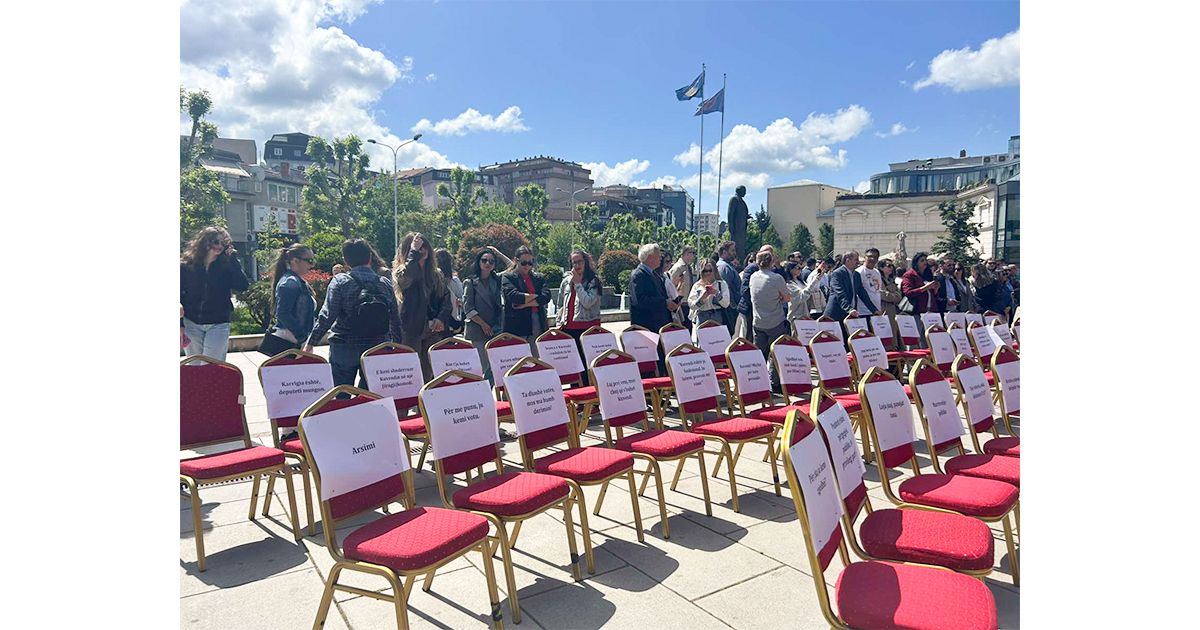The Women’s Association “Aureola” on April 5 held the last meeting in the framework of the initiative “Advancement of the Law of Inheritance”.
At this meeting present were Mexhide Mjaku-Topalli, Member of Parliament and Chairwoman of Women Caucus, Daut Morina, Director of Central Administration of the Free Legal Aid Agency, representatives of the Centre for Social Work from Obiliq, as well as representatives of civil society.
The purpose of this initiative is advocating in Parliament for the abolition or suspension of the Article 130.1 of the Law on Inheritance.
Sanije Grajçevci, Director of the “Aureola” organization evaluated that this would have an impact in creating a more favourable economic position for women. She informed that the creation of an electronic database has been recommended, so that no family member can be left aside from being included in the inheritance.
While Violeta Berisha, Director of the Amza organization, stressed that around 80 percent of women are unware that property belongs to them.
This initative is supported by Kosovo Women’s Fund (KWF) of Kosovo Women’s Network (KWN) and financed by thr Austrian Development Ageny (ADA).




